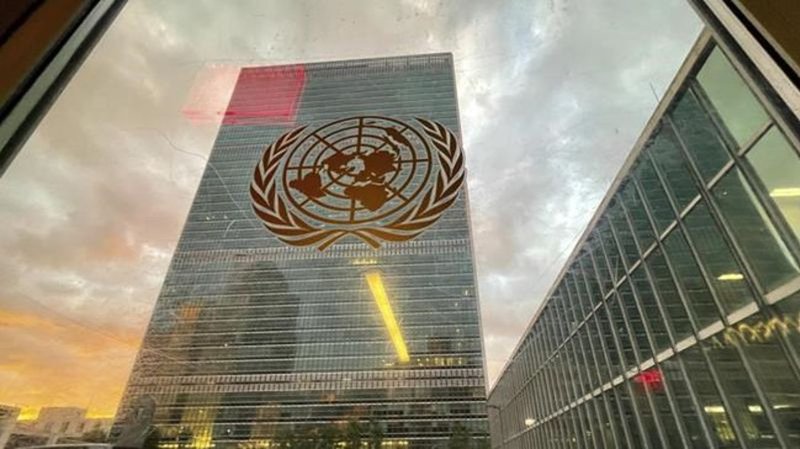
UN demands Russia reverse ‘illegal’ annexations in Ukraine
UNITED NATIONS (AP) — The U.N. General Assembly voted overwhelmingly Wednesday to condemn Russia’s “attempted illegal annexation” of four Ukrainian regions and demand that Moscow immediately reverse its actions.
The vote in the 193-member world body was 143-5 with 35 abstentions, the strongest support from the General Assembly for Ukraine and against Russia of the four resolutions it has approved since Russian troops invaded their smaller neighbor Feb. 24.
Western nations engaged in intense behind-the-scenes lobbying ahead of the vote while Russia’s ally Syria warned against isolating Moscow.
THIS IS A BREAKING NEWS UPDATE. AP’s earlier story follows below.


